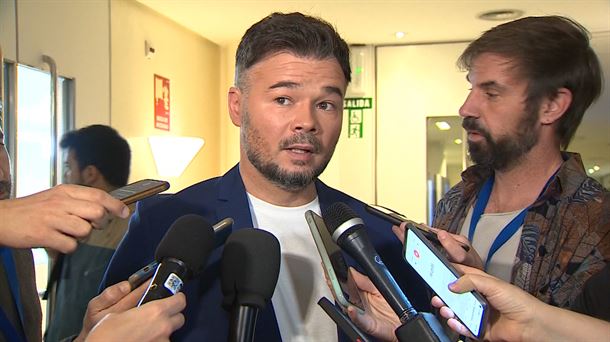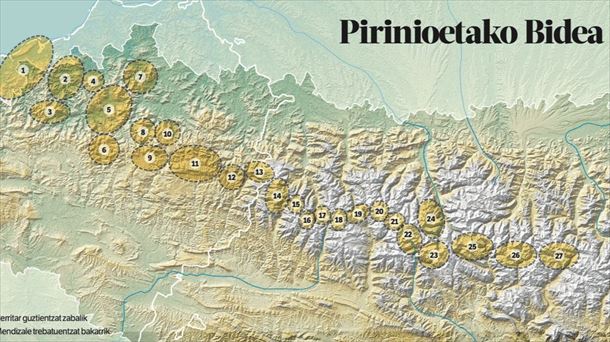For its part, both the Foral Parliament of Navarre and the General Assemblies of Álava will be composed on June 16, the General Assemblies of Bizkaia on June 19 and that of Gipuzkoa on June 21.
After the celebration, this Sunday, May 28, of the municipal elections and municipal electionsthe town halls will be formed June 17. As stipulated in the Organic Law of the General Electoral Regime (LOREG), once the provisional count of votes on Sunday is known, from June 2 to 5, the general control will be carried out by the Zone Electoral Boards (JEZ). On the 4th, claims or protests may be lodged in this body by representatives and plenipotentiaries of the candidacies.
As early as June 6, after the general review, an appeal can be lodged against the resolution of the JEZ, which sends a file with a report to the Central Elections Office (JEC) the following day.
After hearing the interested parties, there will be a decision from the JEC on the appeals procedures as early as June 11, and between June 4 and June 12, the Zone Boards will announce the elected officials. From 7 July they will be published in the Staatscourant (BOE) of the municipal elections per constituency.
The composition of municipal councils and the election of mayors in Álava, Bizkaia, Gipuzkoa and Navarra will take place on June 17, if there is no electoral dispute over the results. If so, it will be held on July 7.
As for the general assemblies, at least one third of the junteros must be accredited, and from there the date for the plenary of composition of the assemblies will be determined. Once this step is completed, the full election for the general deputy can be instituted.
Source: EITB
I am Ida Scott, a journalist and content author with a passion for uncovering the truth. I have been writing professionally for Today Times Live since 2020 and specialize in political news. My career began when I was just 17; I had already developed a knack for research and an eye for detail which made me stand out from my peers.



